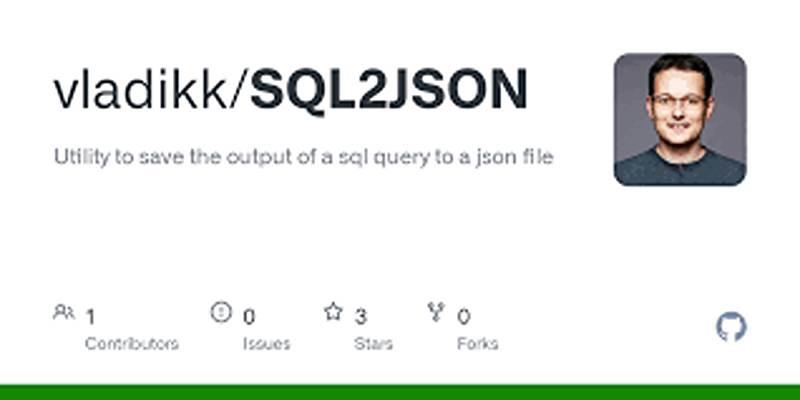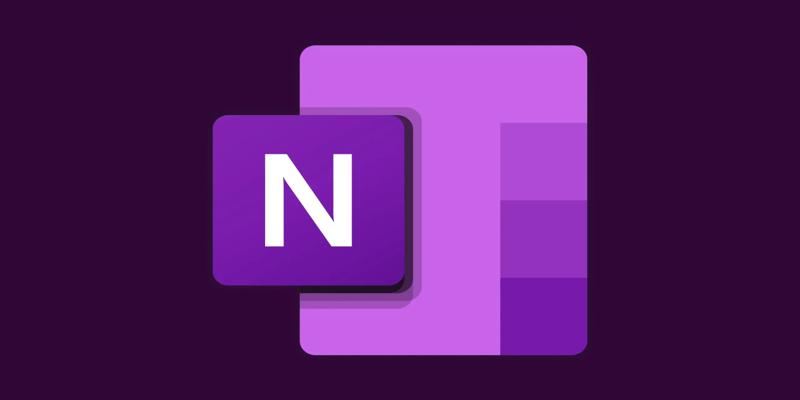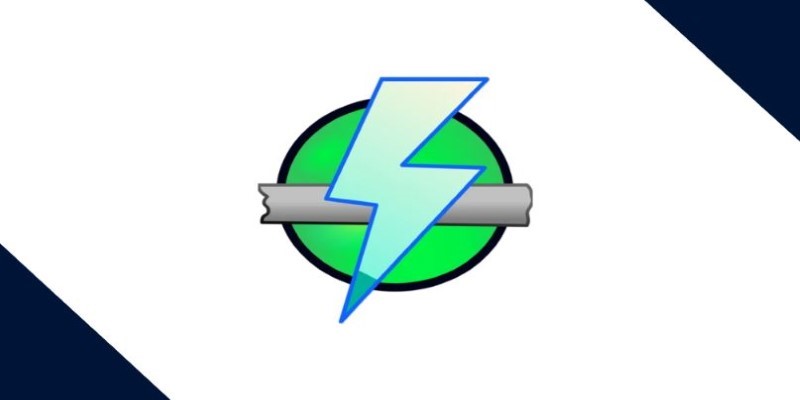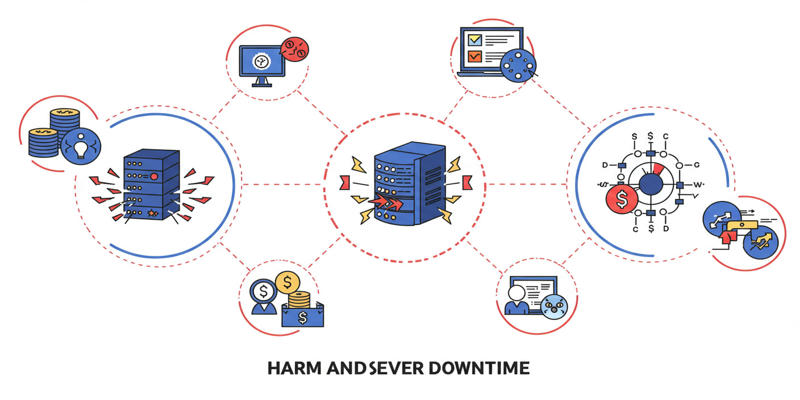Learn to Convert SQL Data to JSON Format Easily Using Free Tools
In today's digital environment, data portability is more essential than ever. Many developers, analysts, and tech teams often face the need to convert traditional relational data into lightweight formats. One common task is transforming SQL database records into JSON format. This process may sound technical, but thanks to a variety of free and intuitive online tools, it can be done in minutes without any programming skills.
This guide walks through how anyone can convert an SQL database to JSON format using simple online converters. It’s written for developers, business analysts, students, and professionals who need a quick and practical solution.
Why Convert SQL to JSON?
Structured Query Language (SQL) is used to manage and retrieve data from relational databases like MySQL, PostgreSQL, or SQLite. However, JSON (JavaScript Object Notation) is increasingly becoming the go-to format for transmitting and storing data, especially in modern web applications and APIs.
There are several reasons why converting SQL data to JSON is beneficial:
- API Integration: JSON is widely used in RESTful APIs and web applications.
- Front-end Compatibility: Web frameworks often work directly with JSON objects.
- Improved Readability: JSON structures are simple, clean, and easy to understand.
- Cross-Platform Use: JSON files can be shared and parsed across different platforms and languages.
- Portability: Data in JSON format can be transferred between servers, clients, and even offline environments more easily.
In short, when data needs to leave the boundaries of a relational database and enter the flexible world of web or mobile applications, JSON becomes a preferred format.
Preparing for the Conversion
Before starting the conversion process, users need to have a few things ready. While the actual steps are simple, preparation ensures the data converts properly.
What’s Needed:
- A SQL query or SQL data dump (such as INSERT statements or SELECT results)
- A web browser with internet access
- A free online SQL to JSON converter (no software installation needed)
It’s also helpful to review the SQL syntax being used. Some tools may only accept specific types of queries, such as SELECT or INSERT, and may not support advanced SQL features like joins or subqueries.
Best Online Tools to Convert SQL to JSON
Several reliable websites offer free and secure SQL-to-JSON conversion tools. Below are some of the most user-friendly options that do not require registration or technical knowledge.
sql2json.com

It is one of the most straightforward tools available. It accepts simple SQL queries and instantly provides JSON output.
How to use it:
- Visit sql2json.com
- Paste an SQL query like SELECT * FROM users;
- Click the “Convert” button
- View or copy the JSON output shown on the screen
It works best for direct queries and small datasets.
convertcsv.com/sql-to-json.htm
This tool supports SQL INSERT statements and is perfect for those working with exported data dumps.
Steps:
- Open the tool’s webpage
- Paste multiple SQL INSERT INTO statements
- Click on “Convert”
- Download or view the formatted JSON results
It’s ideal for converting full tables and bulk data.
codebeautify.org/sql-to-json-converter
This converter not only changes the format but also beautifies the JSON output for better readability.
To use:
- Navigate to codebeautify.org
- Paste the SQL code
- Click “Convert to JSON”
- Use the formatting tools if needed
The platform supports formatting, validation, and sharing of the final result.
Tips for a Smooth Conversion
While most tools work reliably, there are a few good practices to follow for error-free conversion:
- Keep Queries Simple: Use basic SELECT or INSERT statements.
- Avoid Complex Joins: Online converters may not support multi-table relationships.
- Check for Typos: Syntax errors in SQL can cause the tool to fail.
- Limit Dataset Size: Converting large databases might overwhelm browser-based tools.
- Validate Output: Use a JSON validator to ensure the structure is correct after conversion.
Following these tips can save time and prevent errors.
Limitations of Online SQL to JSON Converters
While online tools are convenient, they are not always the best solution for every situation. There are limitations that users should consider:
- Data Size Restrictions: Browser-based tools may crash or slow down with large SQL files.
- No Database Connectivity: These converters don’t connect to live databases—only to copied code or statements.
- Security Risks: Sensitive data should not be uploaded to unknown third-party websites.
- Limited SQL Features: Not all advanced SQL operations are supported.
For large-scale or secure environments, using offline scripts or server-side conversion is a better approach.
When to Use Offline Methods Instead
If the SQL database contains private customer data, financial records, or massive amounts of rows, then it’s safer and more efficient to use offline methods. Developers can write conversion scripts in languages such as Python, PHP, or JavaScript.
Offline tools allow users to:
- Connect directly to live databases
- Filter or format data during the export
- Automate the process as part of larger applications
- Avoid uploading data to third-party sites
However, for students, small businesses, or casual users, online tools are perfectly suitable for converting small SQL samples into JSON quickly.
Advantages of Online Conversion

Despite some limitations, online SQL to JSON converters offer many benefits for quick and simple tasks.
Key advantages include:
- No Installation Required: Everything runs in the browser
- Free to Use: Most tools are completely free
- Beginner Friendly: No programming skills necessary
- Fast Results: Output is ready in seconds
- Copy or Download Options: Easy to transfer the result into any project
For users who value convenience and speed, these platforms are a great starting point.
Conclusion
Converting SQL databases to JSON format doesn’t have to be complex or time-consuming. With the rise of online tools, this task is now more accessible to everyone—from developers to marketers and students. Whether the goal is to power a web application, test a dataset, or integrate with a REST API, converting SQL to JSON is often a crucial step. Using online tools like sql2json.com or Code Beautify, users can copy their SQL queries, click a button, and receive clean, usable JSON output. These platforms eliminate the need for technical skills and allow anyone to structure their data in a modern and portable way.
On this page
Why Convert SQL to JSON? Preparing for the Conversion What’s Needed: Best Online Tools to Convert SQL to JSON sql2json.com convertcsv.com/sql-to-json.htm codebeautify.org/sql-to-json-converter Tips for a Smooth Conversion Limitations of Online SQL to JSON Converters When to Use Offline Methods Instead Advantages of Online Conversion Key advantages include: ConclusionRelated Articles

3 Best AI Voice Generators to Enhance Your Content in 2025

Learn to Convert SQL Data to JSON Format Easily Using Free Tools

The 6 Best Construction Management Software Options to Streamline Your Projects

Creating OneNote notes from Notion databases

Unlock the Power of Free Tools for Professional Diagram Design

Which Are The 5 Best Data Collection Tools to Streamline Your Research Process

Top 5 Media Converters for Mac – Fast and High-Quality Conversion

How to Stay Productive: Essential Tools for Remote Workers in 2025

Proposal Software For Marketing

Best Free Online Tools to Resize Images in Bulk Without Quality Loss

IP Scanning Essentials for Smarter Network Management

 knacksnews
knacksnews